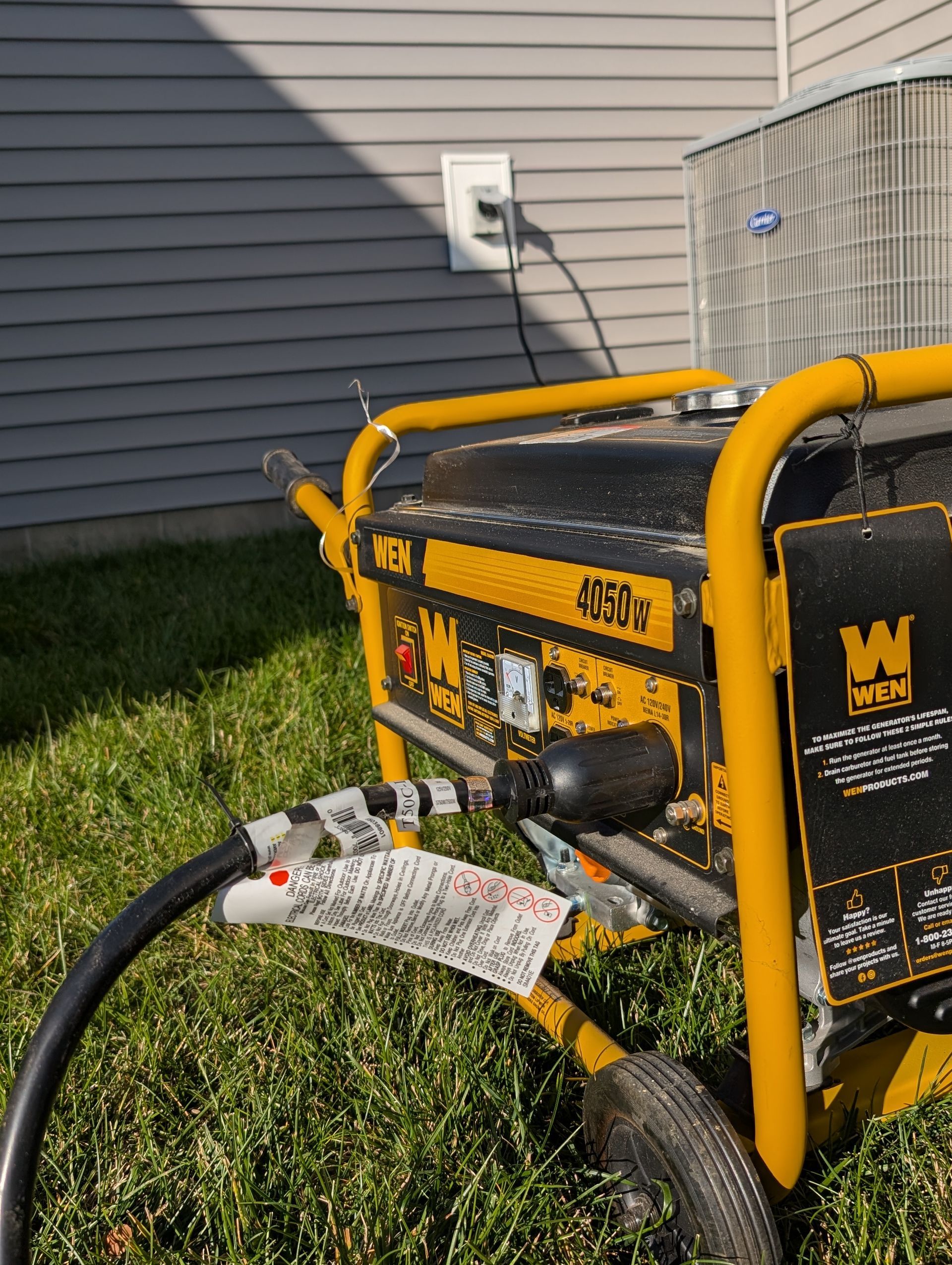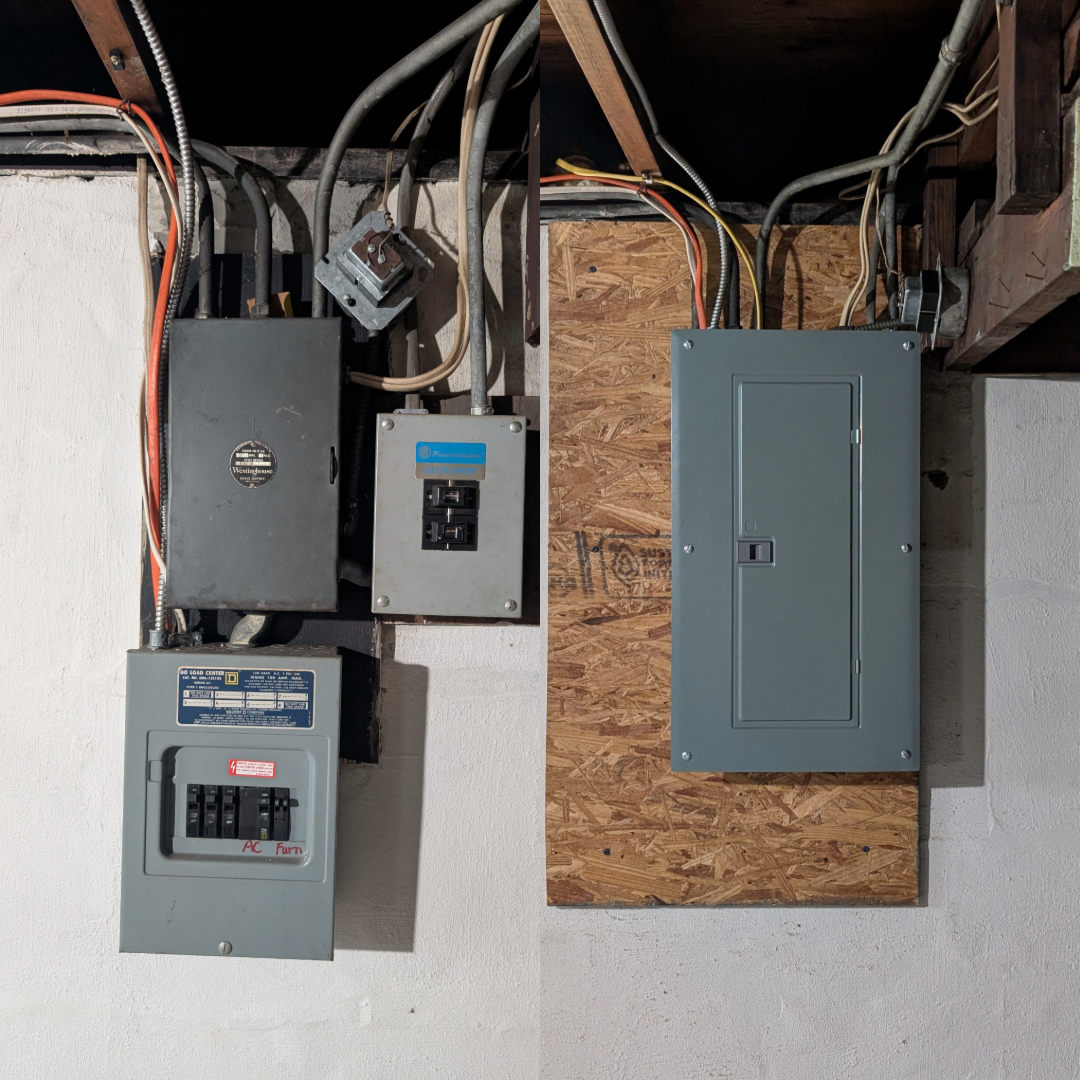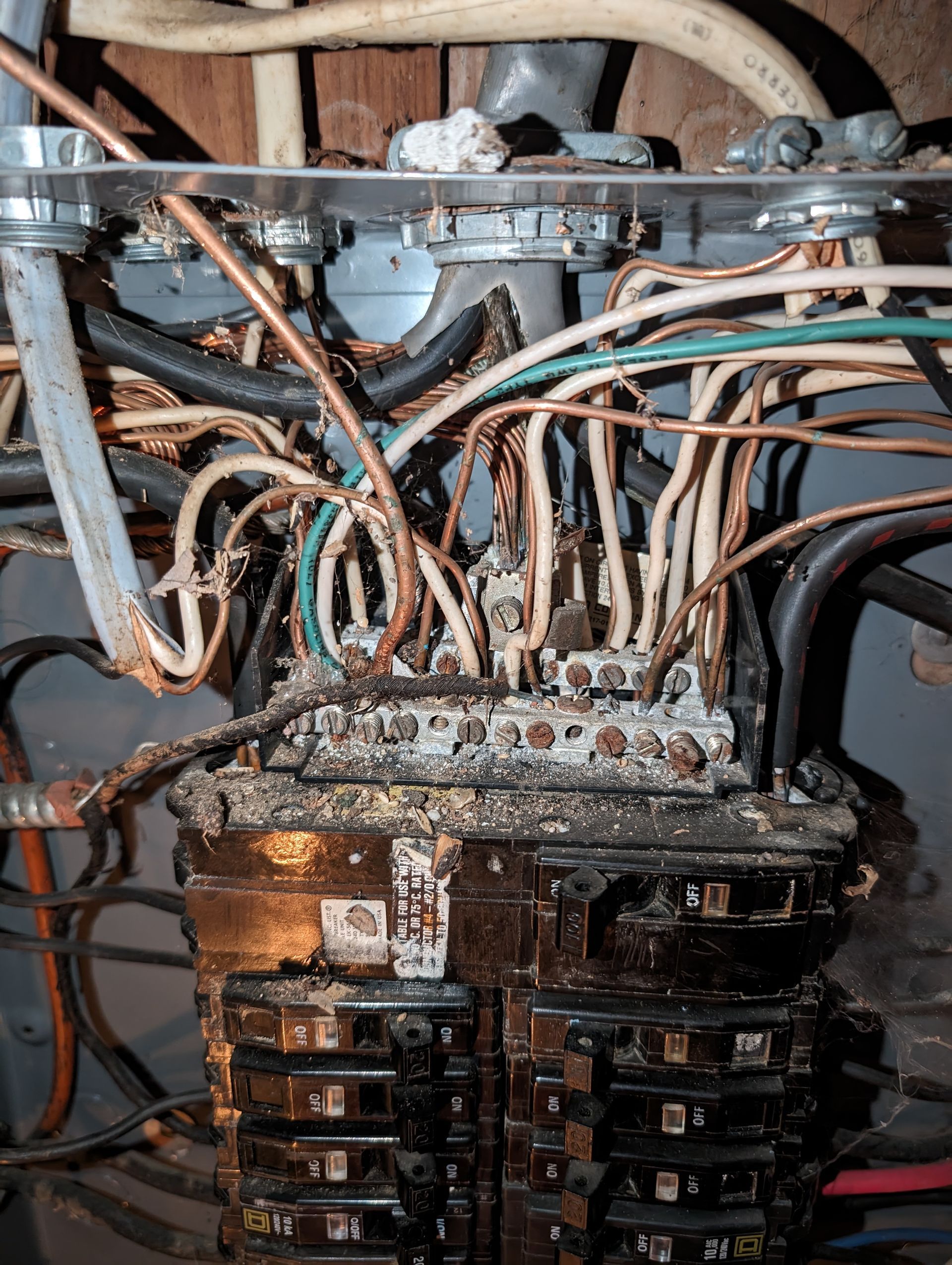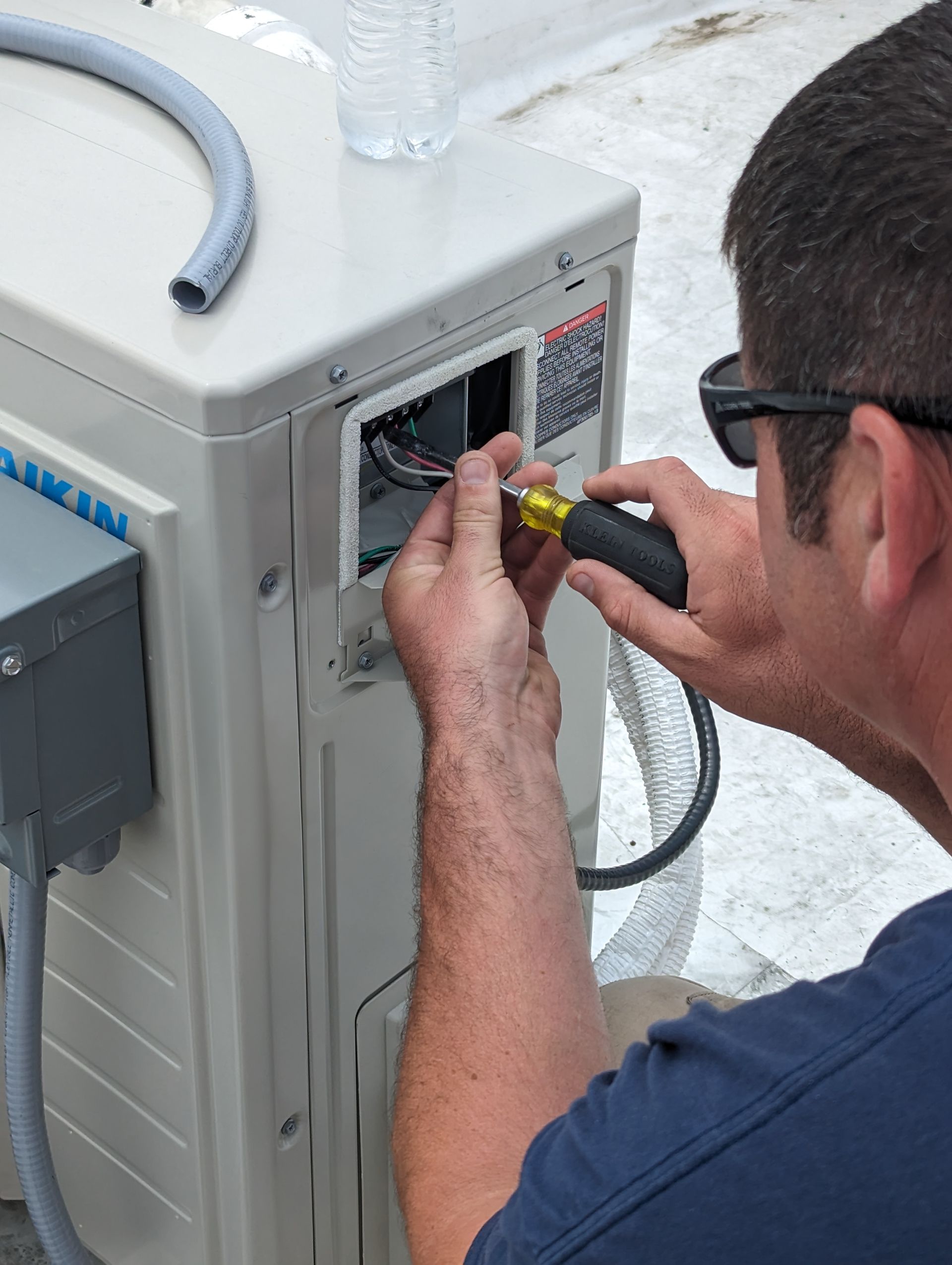Electrical Solutions for a BRIGHT Tomorrow
Welcome to Bright Electric
Since 1994, Bright Electric has been helping homeowners and businesses in Evansville and surrounding communities overcome their electrical challenges. Our mission is to ensure your safety and comfort by providing reliable electrical solutions tailored to your needs. We're dedicated to making your world brighter by resolving your electrical issues promptly and professionally.
All of our Evansville electricians are trained and licensed
Satisfaction guaranteed on every project
75+ years of combined experience
Residential, commercial & industrial electrical services
Expert Electrical Services to Meet Your Needs
Residential Electrical Services
Keep your home safe and functional. Whether you're experiencing frequent outages, need wiring upgrades, or require new installations, our experienced team is here to help you maintain a secure and comfortable living environment.
Commercial Electrical Services
Ensure your business operates smoothly with minimal downtime. We provide prompt and effective electrical solutions, from troubleshooting system failures to installing energy-efficient lighting, so you can focus on running your business.
Here to Power the Tri-State Area
Evansville, IN
Offering a full range of residential and commercial electrical solutions in Evansville to meet all your electrical needs with expertise and reliability.
Delivering high-quality electrical repairs, upgrades, and installations for homes and businesses in Newburgh to keep systems safe and efficient.
Local experts in Boonville, offering comprehensive electrical solutions with fast and effective service.
Reliable electrical services for Henderson residents and businesses, backed by a commitment to safety and dependability.
Additional Areas We Serve
We proudly serve communities across Vanderburgh, Warrick, Posey, Henderson, and Gibson counties, ensuring all customers receive prompt, professional electrical solutions. Explore our Main Service Area page for a full list of locations.
Helpful Resources for Your Electrical Concerns
Stay informed with tips and advice from our experienced Evansville electricians:


-
Our Work in Action
More ProjectsSee how we've helped customers overcome their electrical challenges:
Frequently Asked Questions
Answers to common electrical queries that help reassure potential clients about common concerns and procedures.
What are the signs of an overloaded circuit breaker?
Signs of a circuit overload can vary but typically include frequent breaker trips, flickering or dimming lights, and appliances that seem underpowered or shut off. An overloaded circuit fix often involves redistributing electrical loads to different circuits or upgrading your circuit breaker panel to handle a higher capacity. If you suspect your home is experiencing circuit overload, it's crucial to address it promptly to avoid potential hazards.
How can I test an outlet or circuit breaker?
Testing a receptacle or GFCI outlet can be done using a standard outlet tester, available at most hardware stores. This device will show whether the outlet is properly wired and operating correctly. While testing a GFCI outlet is manageable for many homeowners, dealing with circuit breakers often involves more complex procedures. For safety and accuracy, it is best to leave the inspection and testing of circuit breakers to a licensed electrician. This ensures that all aspects of your electrical system are evaluated and maintained safely.
What should I do if I smell burning or see sparks from outlets?
If you notice an electric socket sparking, it's important to act quickly to prevent a fire. Immediately turn off the power at your breaker box, and do not use the affected outlet. When an electrical outlet sparks when plugging something in can indicate a serious issue such as faulty wiring or a degraded outlet. It is essential to contact a professional electrician to examine your electrical system and make necessary repairs to ensure your home’s safety.

Contact Us
1654 N Fares Ave, Evansville, IN 47711
812-401-2277









